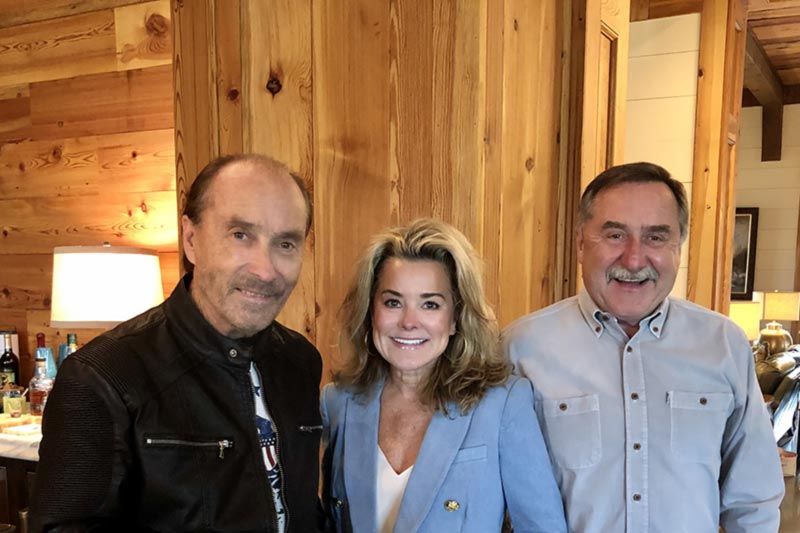Here’s the latest from the crossroads of faith, media & culture: 07/21/21
Aborting logic. A contributor to the monthly magazine Marie Claire sees a problem with the depiction of abortion in films and on television. Here’s the gist of it:
The majority of people who have abortions are already parenting, but on television and film, it’s nearly always someone young, white, and wealthy who is trying to avoid parenting. But that’s a very small minority of people who have abortions. This fails those of us who have abortions because it doesn’t allow for audiences to stretch their imaginations, empathize with our fictionalized experiences, and learn something outside of the same stereotypical narrative.”
A December 2020 study about abortion representation onscreen, published by Advancing New Standards in Reproductive Health (ANSIRH), shows an overall decrease in abortion plotlines on television. In 2019, 43 television shows featured an abortion storyline. In 2020, only 31 shows featured a character who underwent the procedure. In film, on the other hand, there was a large increase in the number of abortion depictions: 12 in 2020, compared to just three in 2019. Still, the significant increase in depictions of abortion in films has done nothing to remedy the discrepancies between the fictional characters who have abortions and real patients who seek out the services. In 2020, of the characters who did have abortions on film, 73 percent were white, one-third were teenagers, and not a single one was a parent. In television, only one abortion “storyline” featured someone who was a parent at the time of their abortion—and it wasn’t even a “character” but rather an actual person featured in the MTV reality show, Teen Mom 2. (A particularly telling example of Hollywood’s overall disconnect when it comes to representing real women.)
IMHO: It’s interesting that the writer has a problem with abortion (aka fetuscide) being depicted in films as primarily involving single white people. From there, her logic takes a rather strained turned toward concern over inclusion – rather than the whitewashing of the disturbing fact that “Black women have been experiencing induced abortions at a rate nearly 4 times that of White women for at least 3 decades, and likely much longer.” As mentioned here before, statistics show that more than 13 million unborn black babies have been killed since abortion was legalized nationwide in 1973. Nearly a third of all abortions are perpetrated upon black fetuses even though blacks comprise only about 12% of the population of the United States. Yet, in a media that suggests almost everything is racist, no alarm bells are sounded about that – certainly not in this Marie Claire article.
It’s a Wonderful Life. Meanwhile, MGM has dropped its latest promo featurette for Respect. The highly-anticipated film about the life of the legendary singer-songwriter Aretha Franklin arrives in theaters on August 13th.
According to Wikipedia, Aretha Louise Franklin was born on March 25, 1942, to Barbara (née Siggers) and Clarence LaVaughn “C. L.” Franklin. She was delivered at her family’s home located at 406 Lucy Avenue, Memphis, Tennessee. Her father was a Baptist minister and circuit preacher originally from Shelby, Mississippi, while her mother was an accomplished piano player and vocalist. Both Mr. and Mrs. Franklin had children from prior relationships in addition to the four children they had together…The Franklins had a troubled marriage due to Mr. Franklin’s infidelities, and they separated in 1948.
Using Marie Claire logic, instead of being treated to an inspirational movie about the great life of an amazingly talented African-American who overcame life’s obstacles, we could be watching a film about a mother who, in similar circumstances to Aretha’s own mother, chooses abortion. To my mind, that’s a much sadder story.
Anyway, here’s the featurette. It certainly makes me want to see the movie. I particularly like the part where Aretha’s mother Barbara (played by the multiple Tony Award-winning Audra McDonald) tells her the one-day superstar daughter “What’s most important is that you are treated with dignity and respect.” That’s a great – and true – sentiment. It should begin with the child in the womb.


